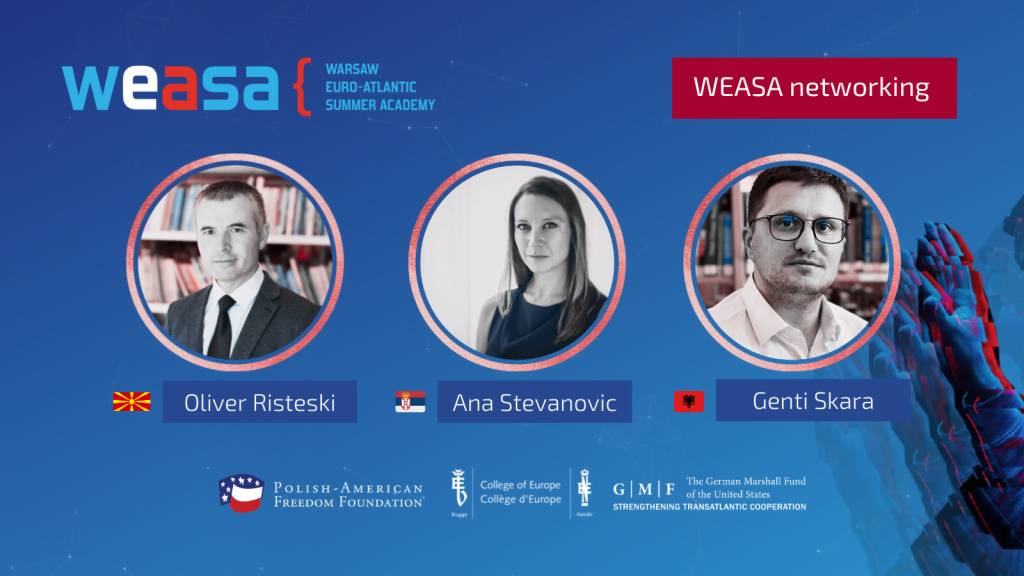On January 31st 2022, three WEASA alumni members from different editions presented their research on cyberbullying in Macedonia and Serbia. One of the researchers was Oliver Risteski MA, our Head of the Department for Law Enforcement Research. The valuable piece of the research caught the attention of the attendees, who shared their appreciation and feedback after the presentation, and demonstrated their deep interest in the topic. The research found out that mostly women and underaged girls are under attack by ex-husbands or ex-partners/boyfriends who share personal photos online without their consent, conduct blackmail, and harass for revenge or other reasons.
On the following link you can find the full research with the recommendations:



